Interest Free Financing Up To 36 Months
WE DO NOT ONLY PUMP YOUR TANK - WE CLEAN IT!
Multiple Financing Options Are Available Up To 36 Months
Interest Free Financing Up To 36 Months
WE DO NOT ONLY PUMP YOUR TANK - WE CLEAN IT!
Multiple Financing Options Are Available Up To 36 Months
Laundry can be frustrating when it begins causing problems with your septic tank. We all take laundry for granted, but did you know that the wrong detergent - or too much detergent! - can create problems for your septic tank? It's not always obvious how much laundry and what type of laundry can impact your septic tank. Is your septic tank giving you problems? Don't waste another day worrying about it. Call the experts at Septic Blue of Raleigh to take the guesswork out of using laundry products around your septic system. We'll end your frustration so that you can get back to enjoying the rest of your day.
The average American family washes about 30 loads of laundry per week, equating to around 100 gallons of water per day. That's a lot of water!
And while it's easy to understand that more water equals more laundry detergent and more energy used, did you know that too many loads of laundry can also impact your septic tank? Why is this? It's because the increased water usage adds stress to your septic system.
How does this happen? When you wash clothes in your washing machine, it makes sense that there will be some dirty clothes and water residue left over after the cycle is complete. This residue goes down the drain and eventually ends up in your septic tank. While the amount of residue may seem insignificant enough, it still adds up over time and causes additional strain on the system. When it does, Septic Blue of Raleigh can resolve the issue with septic tank pumping or septic tank repair.
Laundry is often the number one use of water in a home. That's why you must keep up with maintenance on your washing machine, including cleaning the lint filter before each load of laundry. If you don't clean out your filter, you could have a clog in your pipes, eventually leading to problems with your septic system.
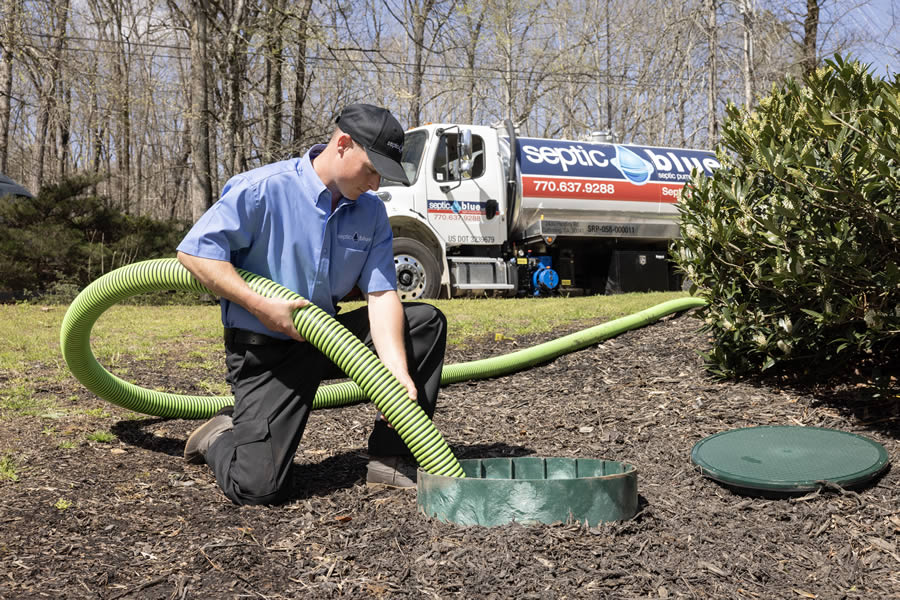
Septic tank pumping in Raleigh has never been so affordable and accessible thanks to the professionals at Septic Blue. We are…

One quarter of Americans rely on septic tanks to process household waste. Most Septic Blue locations have septic tank experts who…
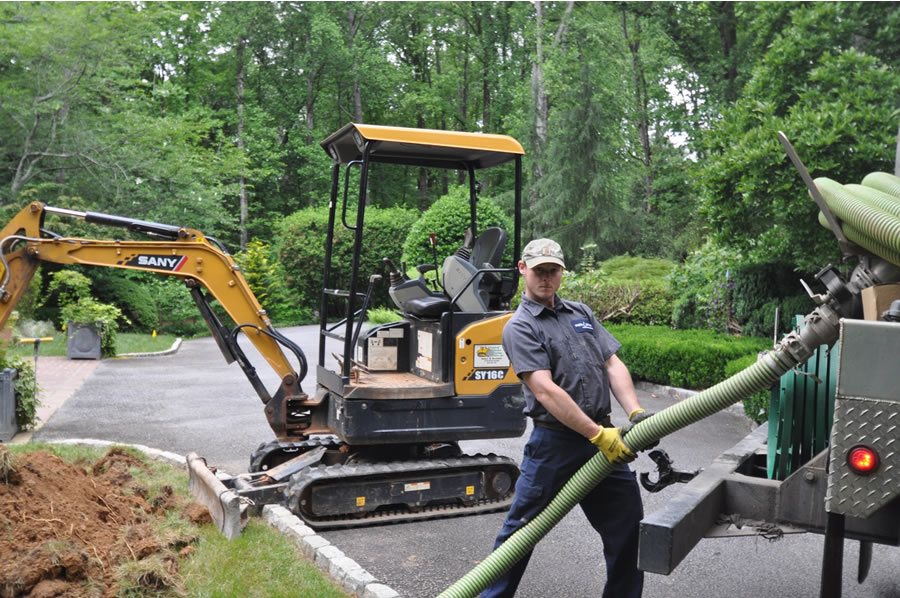
Call Septic Blue today for a second opinion. If you choose to go with Septic Blue, you'll receive $250 off your…
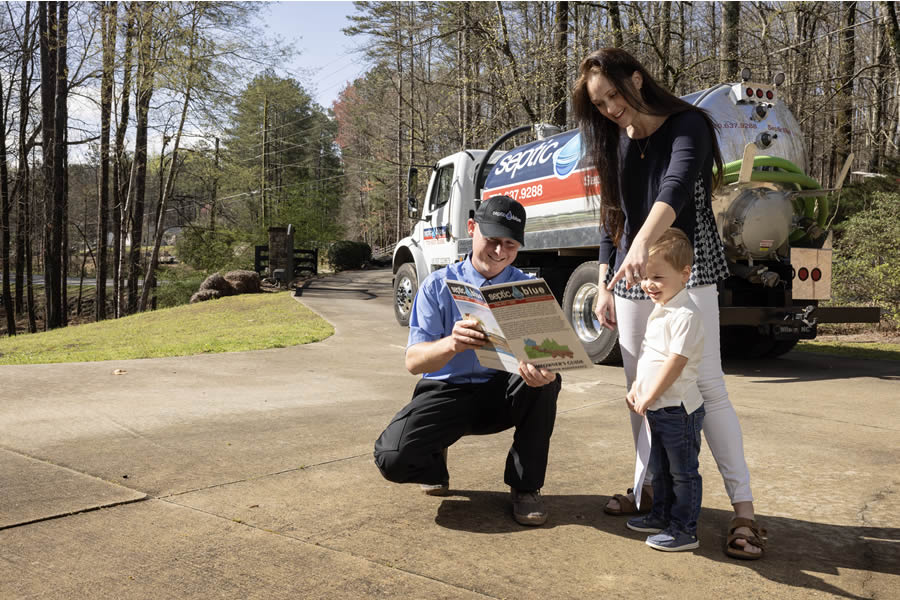
If you are a homeowner or resident in Raleigh that is among the 20 percent of households in the U.S. with…
Professional Saptic Plumbing solutions for every need. Contact Us Today!
When you wash clothes, some of the fibers from the clothing come off as lint and get trapped in the filter of your washing machine. If you don't clean out this lint filter before each load of laundry is washed, it will build up over time and eventually clog up your pipes, leading to expensive plumbing repairs. This is especially true if you live in an area where water pressure or flow is low or in older plumbing systems where there isn't enough water pressure to force the water through all of those tiny holes in the lint filter.
Laundry detergents contain chemicals that break down into smaller particles and can easily flow through the soil surrounding the septic tank. These particles then find their way into the leach field, where they can build up over time and clog or damage the leach field's drainfield pipes.
If enough of these particles enter a septic system, it may cause septic tanks to fail before their expected lifespan has ended. The particles also can harm other parts of the environment, such as lakes and rivers, if bacteria do not break them down in the soil before they reach water sources.
Laundry detergents contain biocides, which are chemicals that kill germs and bacteria. Too much biocide in the wastewater entering your septic system can kill all the beneficial bacteria in the tank, leaving just harmful bacteria behind to break down the waste. The result is a "stuck" system where the solid waste will not break down into sludge, which means it will not decompose properly, and it will not flush out through the drainfield when you shower or do laundry.
The result is that solid waste may build up in your drainfield and clog your pipes or drainage tiles, or it may clog up areas of soil around your house where wastewater flows out of the lines and drains into surrounding soil or groundwater. This causes backups of wastewater into basements or crawlspaces.
Laundry is an integral part of your family routine. It keeps your clothes clean and fresh, so regularly recommend doing it. But what happens when you have septic tank issues? How can laundry impact or even damage your septic system? We've put together some tips for keeping your septic system in good shape while doing laundry:
Liquid detergent is the best option for anyone who has a septic system because it will dissolve quickly and ultimately into the water. Powdered detergents can clog pipes, and pods don't break down easily enough to be safe for septic systems. This is why we recommend using liquid detergent whenever possible!
At Septic Blue of Raleigh, we're committed to helping homeowners understand the root causes of septic system issues and how to prevent them. Too many loads, lint filters not cleaned, or too much detergent — are common things that can cause problems with septic systems.
We want our neighbors to enjoy a quality of life that's free from compromised health or expensive repairs so they can build memories with the ones they love. We offer septic tank pumping and septic tank repair.
For more information about our services, please contact us today!
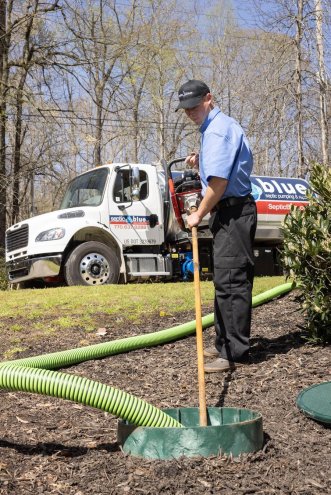
Septic systems play a critical role in protecting your home, health, and surrounding environment. Unfortunately, they're often misunderstood as systems that…
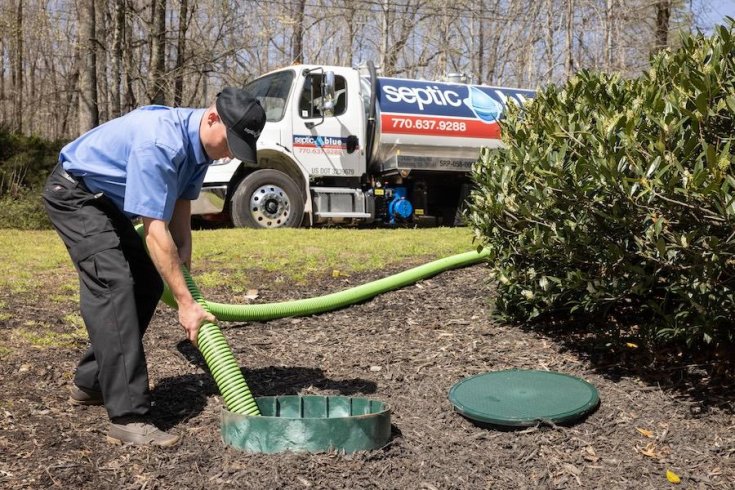
A well-maintained septic system supports daily life in ways that are easy to overlook, from dependable drainage to a healthy home…
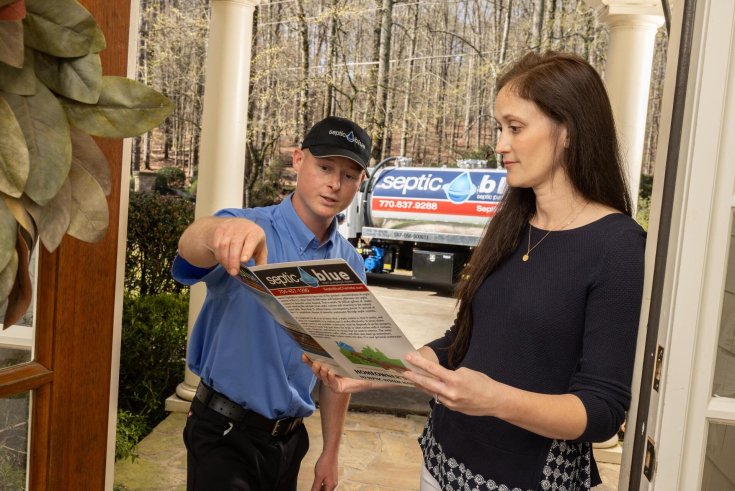
Septic systems are an essential but often misunderstood part of a rental or owned property, and confusion about responsibility can quickly…
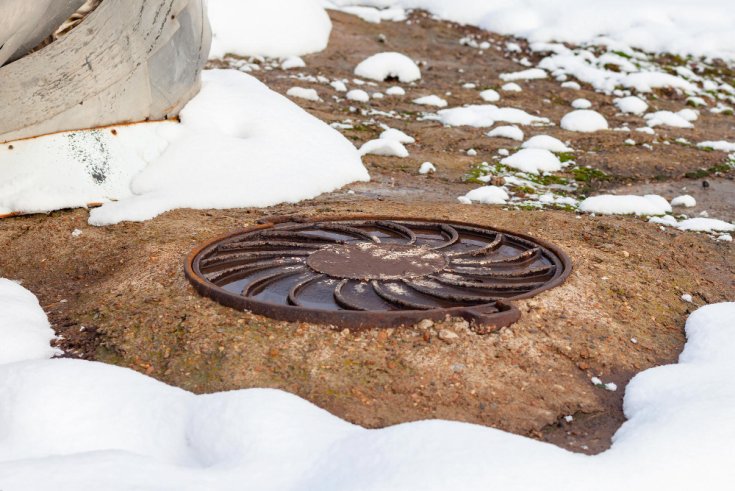
Cold weather places unique stress on your home, and your septic system is no exception. As temperatures drop, the ground hardens,…